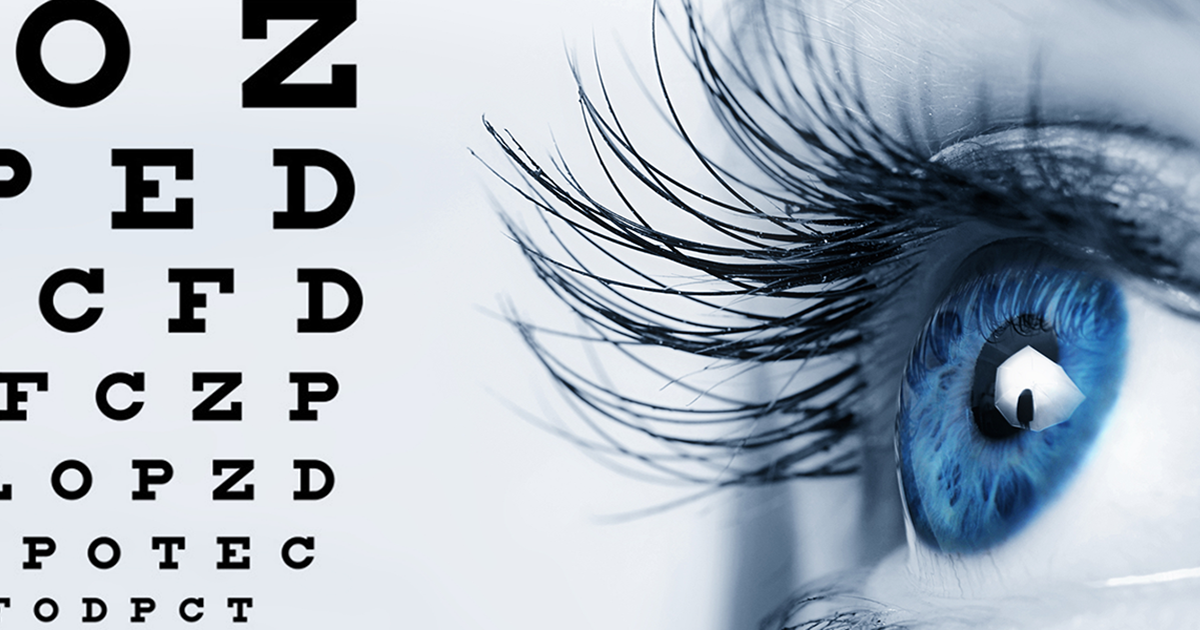Find the Best Glaucoma Service Near Me: Expert Eye Treatment Solutions
Wiki Article
Understanding the Different Eye Conditions Dealt With by Specialized Eye Care Professionals
In the world of eye treatment, specialized professionals play a crucial role in diagnosing and dealing with a vast range of eye problems. From common refractive errors that influence vision clarity to age-related conditions that pose difficulties as we age, the experience of these experts encompasses handling vision-threatening conditions and intricate corneal conditions. The complexities of neurological eye conditions existing one-of-a-kind challenges that necessitate specialized care. As we begin on this exploration of the various eye problems addressed by specialized eye care experts, it ends up being apparent that the elaborate internet of eye wellness holds a myriad of fascinating insights waiting to be discovered.Common Refractive Mistakes
Refractive errors prevail aesthetic conditions triggered by a blemish in the eye's ability to correctly focus light, causing blurred vision. One of the most common kinds of refractive errors include nearsightedness (nearsightedness), hyperopia (farsightedness), astigmatism, and presbyopia. Myopia happens when the eyeball is also long or the cornea is also bent, creating remote items to appear fuzzy. Hyperopia, on the other hand, happens when the eyeball is too short or the cornea is too flat, resulting in nearby items being out of focus. Astigmatism is characterized by an irregularly shaped cornea, leading to distorted or obscured vision whatsoever distances. Presbyopia is an age-related problem where the lens sheds its adaptability, making it difficult to focus on close items.These refractive mistakes can be fixed via various approaches, including spectacles, get in touch with lenses, or refractive surgery. Eye treatment professionals play a critical duty in diagnosing and handling refractive errors to aid people achieve more clear vision and enhance their lifestyle.
Age-Related Eye Problems
One of the most widespread age-related eye conditions is age-related macular degeneration (AMD), a condition that triggers main vision loss and can make activities like analysis and driving difficult. Cataracts, an additional typical problem among older people, create clouding of the eye's natural lens, leading to obscured vision. Routine eye examinations with specialized eye treatment professionals are critical for early detection and administration of these age-related eye problems to maintain vision and maintain eye health and wellness as individuals grow older.Vision-Threatening Illness
Vision-threatening diseases include a variety of major eye problems that have the potential to significantly affect a person's eyesight and general visual function. These conditions posture a threat of long-term vision loss otherwise without delay detected and dealt with by specialized eye treatment experts. Some typical vision-threatening diseases consist of glaucoma, diabetic glaucoma service near me retinopathy, age-related macular degeneration (AMD), and retinal detachment.Glaucoma is a team of eye conditions that damage the optic nerve, usually because of high intraocular stress, bring about field of vision loss and prospective loss of sight if left without treatment. Diabetic retinopathy is a difficulty of diabetes mellitus that affects capillary in the retina, causing vision disability or blindness. AMD is a progressive problem impacting the macula, resulting in central vision loss. Retinal detachment takes place when the retina separates from its underlying tissue, resulting in abrupt vision loss that needs instant medical attention (refractive surgeries in al).
Early detection, regular eye tests, and prompt treatment are critical in handling vision-threatening diseases to maintain eyesight and maintain lifestyle. Specialized eye care experts play a vital role in diagnosing, dealing with, and managing these problems to stop irreversible vision loss.

Corneal Conditions
Corneal conditions encompass a range of conditions that impact the clear front component of the eye, called the cornea. These conditions can result in discomfort, visual disruptions, and in extreme cases, vision loss. One common corneal problem is keratoconus, where the cornea thins and protrudes outward right into a cone shape, causing astigmatism and obscured vision. Corneal dystrophies, such as Fuchs' dystrophy, lead to gradual vision loss due to abnormal down payments in the cornea. Corneal abrasions, usually created by injury or international items, can result in discomfort, inflammation, and sensitivity to light. In addition, infections like keratitis can inflame the cornea, possibly leading to scarring and vision problems if not quickly dealt with. Treatment for corneal disorders differs depending upon the particular condition but may consist of medications, get in touch with lenses, or in severe cases, corneal transplants. Routine eye tests are vital for very early detection and management of corneal disorders to maintain vision and eye health.Neurological Eye Conditions
Neurological eye problems entail problems that affect the link in between the eyes and the mind, influencing visual processing and total eye feature. These conditions can manifest in various means, affecting vision, eye motions, and also the sychronisation between the eyes. One common neurological eye condition is optic neuritis, characterized by swelling of the optic nerve bring about vision loss, color desaturation, and discomfort with eye motion.Another considerable problem is nystagmus, where the eyes make repetitive, uncontrolled motions, affecting aesthetic acuity and deepness understanding. Furthermore, problems like amblyopia, commonly described as "careless eye," arise from abnormal aesthetic advancement in early childhood years, resulting in reduced vision in one eye.
Neurological eye conditions require customized treatment from professionals like neuro-ophthalmologists who have expertise in both neurology and ophthalmology. Diagnosis usually includes a detailed eye exam, imaging studies, and cooperation with specialists to resolve the underlying neurological concerns impacting the aesthetic system. Therapy techniques can consist of drug, vision therapy, or in extreme cases, surgical interventions to handle these complicated problems efficiently.

Conclusion
Finally, specialized eye treatment professionals deal with a large range of eye problems, including usual refractive errors, age-related eye problems, vision-threatening diseases, corneal problems, and neurological eye conditions - refractive surgeries in al. By recognizing these different problems and seeking appropriate treatment from eye treatment specialists, people can maintain ideal eye health and vision. It is essential to focus on regular eye exams and comply with advised treatment strategies to protect and secure one's vision for the futureReport this wiki page